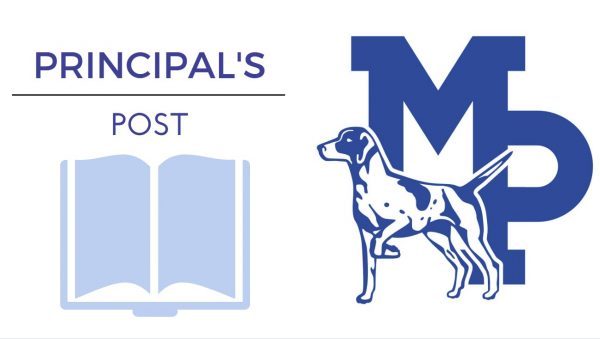 It is hard to believe that November is already here! It’s been a busy two months of building our learning community at school, connecting with kids, staff and families, and discussing our goals. For this school year, we are focused as a faculty on reading instruction, specifically thinking about the text. This includes thinking critically about what we read and analyzing the writer’s craft.
It is hard to believe that November is already here! It’s been a busy two months of building our learning community at school, connecting with kids, staff and families, and discussing our goals. For this school year, we are focused as a faculty on reading instruction, specifically thinking about the text. This includes thinking critically about what we read and analyzing the writer’s craft.
It can be challenging for schools to maintain a singular focus on a building-wide goal. Public education receives many requests to implement initiatives within the school day. It’s an honor to been viewed as a central tenet of a healthy community and society. Yet we cannot adopt everything deemed important. If all ideas are essential, how do we determine what is taught and learned?
One topic that has come up a lot recently is civic responsibility. Schools are being called to action to reverse the trend of Americans not participating in civic duties, for example a decline in people voting. In an article for Phi Delta Kappan, educator Michael Rebell goes as far as to state that preparing students for capable citizenship is the school’s primary responsibility.
“Schools must create environments that respect and harness both pluralism and individualism while adopting instructional practices that promote civic agency, critical inquiry, and participatory experiences.”
(You can access Rebell’s article at this URL: http://www.kappanonline.org/rebell-preparation-capable-citizenship-schools-primary-responsibility/)
When I first started reading this article, I felt a little defensive. How can we take on this responsibility?, I thought. No doubt we teach social studies. That said, literacy and mathematics are what we are tested on every spring. What gets measured gets done first. In addition, we do worry about discussing topics with students that are deemed controversial by some. How can we take civic understanding to a deeper level of understanding in an agreeable manner? Factor in the constraints of time and you get the picture.
As I read on in the article, my thinking started to shift. For example, are the “3 R’s” – reading, writing, ‘rithmetic – mutually exclusive from social studies? They can appear like separate entities with the hyper-focus on literacy and math standards. Yet Rebell points out that for students to become more civic-minded, they need to have developed in the very areas we are focused on as a faculty: critical thinking, effective speaking and listening skills, and understanding how a writer uses text structures to convey meaning.
“Many American students who have basic literacy skills have yet to master the critical-reasoning and deliberation skills needed to appraise one-side or false information, assess policy alternatives, and enter into fruitful conversation with people who have opposing views.”
The author almost suggests that for someone to truly be literate, they have to be able to take a critical stance toward text, as well as consider multiple perspectives at the same time. This would seem especially pertinent in a connected world where anyone can publish their thinking without the guidance of an editor to question one’s position or sources. Here again, Rebell addresses this issue by connecting media literacy and the role of the school.
“Accelerating use of new digital media presents an additional challenge. Schools need to create and adopt curricula and instructional practices that enable all students to develop media-literacy skills to identify sources of information, distinguish accurate from fake facts, and engage in deliberative online discussions.”
The community can also play a role in teaching students to be more civic-minded. This is part of our strategic plan: community engagement. Classrooms have already developed instructional plans that address this area. For example, students interviewed Mineral Point city officials about the governing process. The learning that occurs through these experiences is being measured through more authentic means, such as essays and video creation.
The Rebell article was a good reminder for me about the purpose of public education: to develop responsible and contributing members of society. Literacy and mathematics are in service to the larger goals and ideas for our students and for our community. They work hand-in-hand. Are we responsible for every individual’s actions once they leave the PK-12 world? Of course not. But we are responsible for developing a curriculum that gives every student the best opportunity to successfully navigate a changing world.
MATT RENWICK
PRINCIPAL, ELEMENTARY SCHOOL
This is Matt’s nineteenth year in public education. He started as a 5th and 6th grade teacher in a country school outside of Wisconsin Rapids, WI. After seven years of teaching, Matt served as an assistant principal, athletic director, and building principal all in Wisconsin Rapids. As an elementary principal with the Mineral Point Unified School District, he enjoys working with students, staff, and families in a collective pursuit of lifelong learning.

